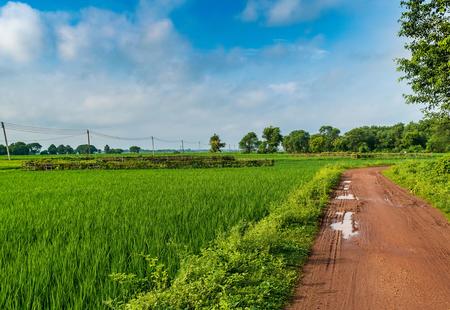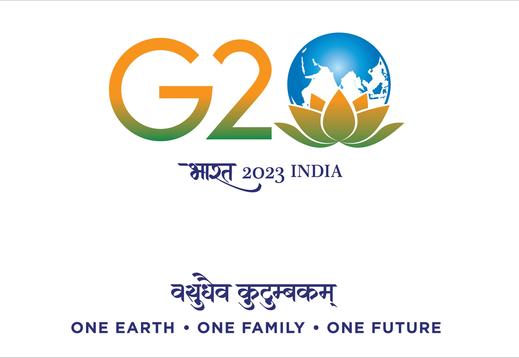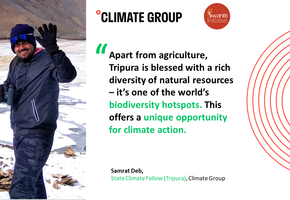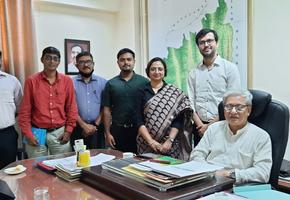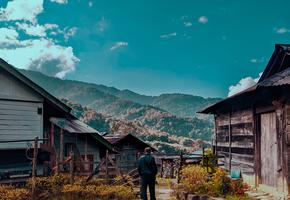Earlier this month, Tripura was proud to host its first G20 Summit event on the theme of “Clean Energy for a Green Future”, which celebrated success stories from the state and looked at new models to generate cleaner and greener energy.
Delivering green solutions to meet energy needs is not new for Tripura.
In 2018 the government launched an ambitious pilot initiative called “Bio-Village 2.0”. The concept of the project was to promote organic farming and deliver sustainable development. But since launching, its scope has broadened to include components such as biogas, improved breeds of livestock, solar equipment and energy-saving electrical gadgets.
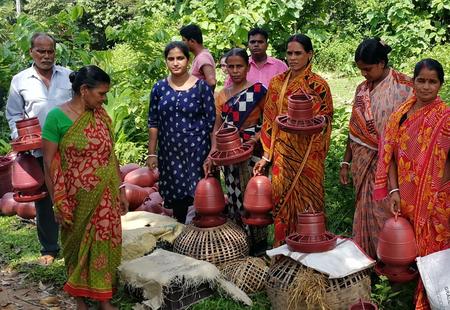
Thanks to the project, plus various other initiatives of the state and national government, Tripura now generates 107 MW through solar energy. It’s also set up 18 microgrid stations in rural hamlets and has another 274 planned for installation.
At the G20 summit, held on 3 and 4 April, 75 high-level delegates from India and across the world came together to share ideas and inspiration around diversifying into new energy generation models.
One of the most significant takeaways from these discussions was the idea of using bamboo as a biomass resource to generate energy. Tripura is home to as many as 21 varieties of bamboo. Not only does bamboo grow fast (up to one meter per day), but it also produces fewer pollutants than wood or petroleum.
It’s an energy solution that makes economic and environmental sense for remote communities, like those based in Tripura. It’s easily accessible and has quick regrowth rates. Already, 2,500 families in that state have benefited from using bamboo to meet their energy needs.
To grow this model, develop its green economy and strengthen energy security across the state, Tripura now faces several tasks:
- Securing investment to pay for the design, development and installation of new energy production methods.
- Diversifying energy generation to protect from external shocks, such as extreme weather events.
- Employing technical experts to test models and ensure that they’ll deliver long term self-sufficiency.
With the global climate and biodiversity crises growing ever more urgent, the G20 Summit provided a space to explore solutions with a genuinely local lens. Although challenges remain in rolling out clean energy at scale, Tripura is active in seeking a just transition that supports its population while addressing the need for energy security. As a member of the Under2 Coalition it is also working with other states in India – and across the world – to find practical ways of cutting emissions and building a more sustainable future.
